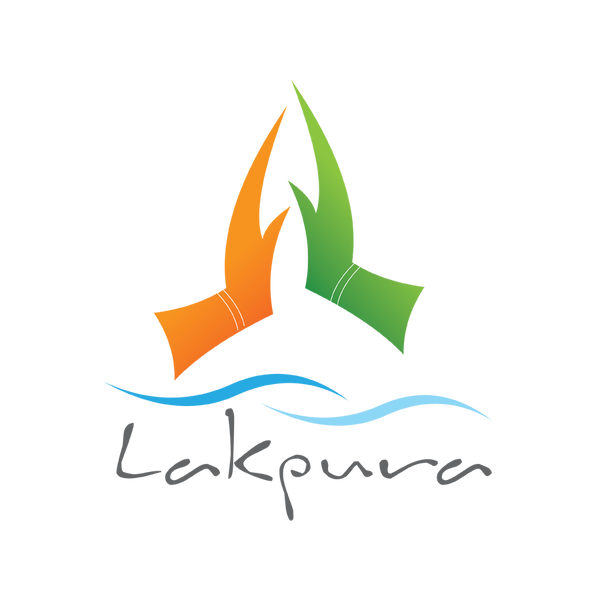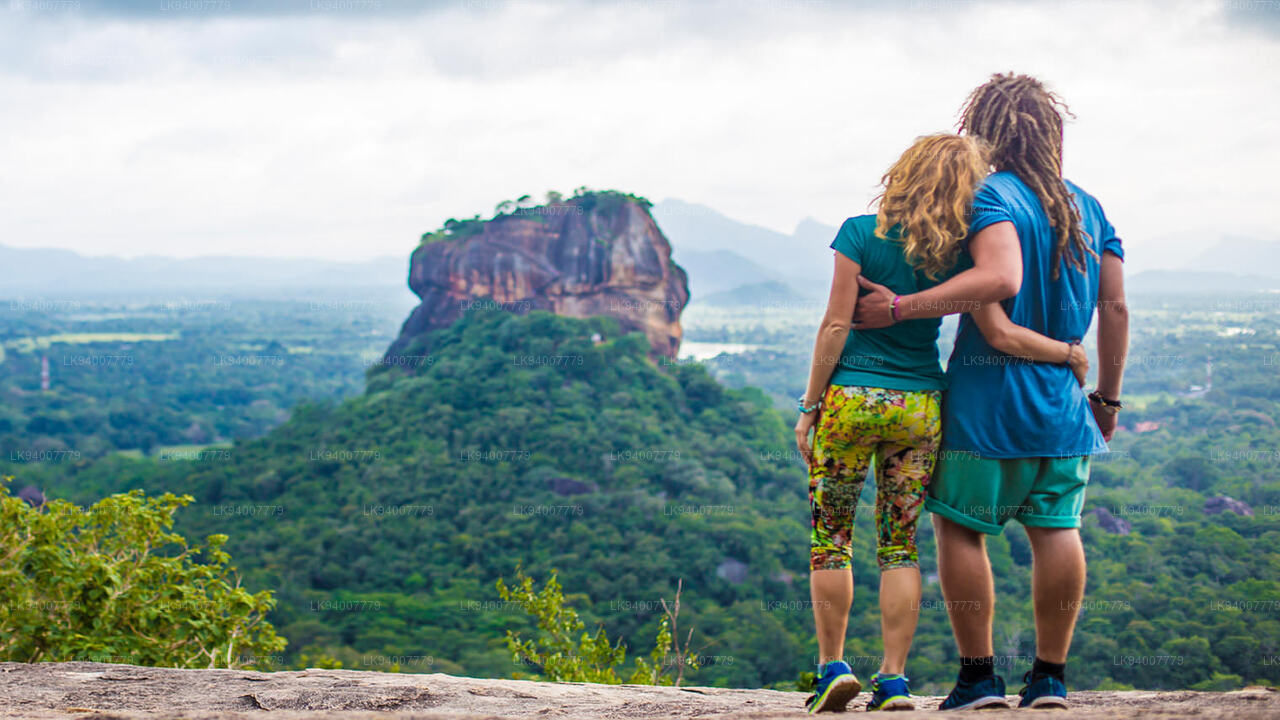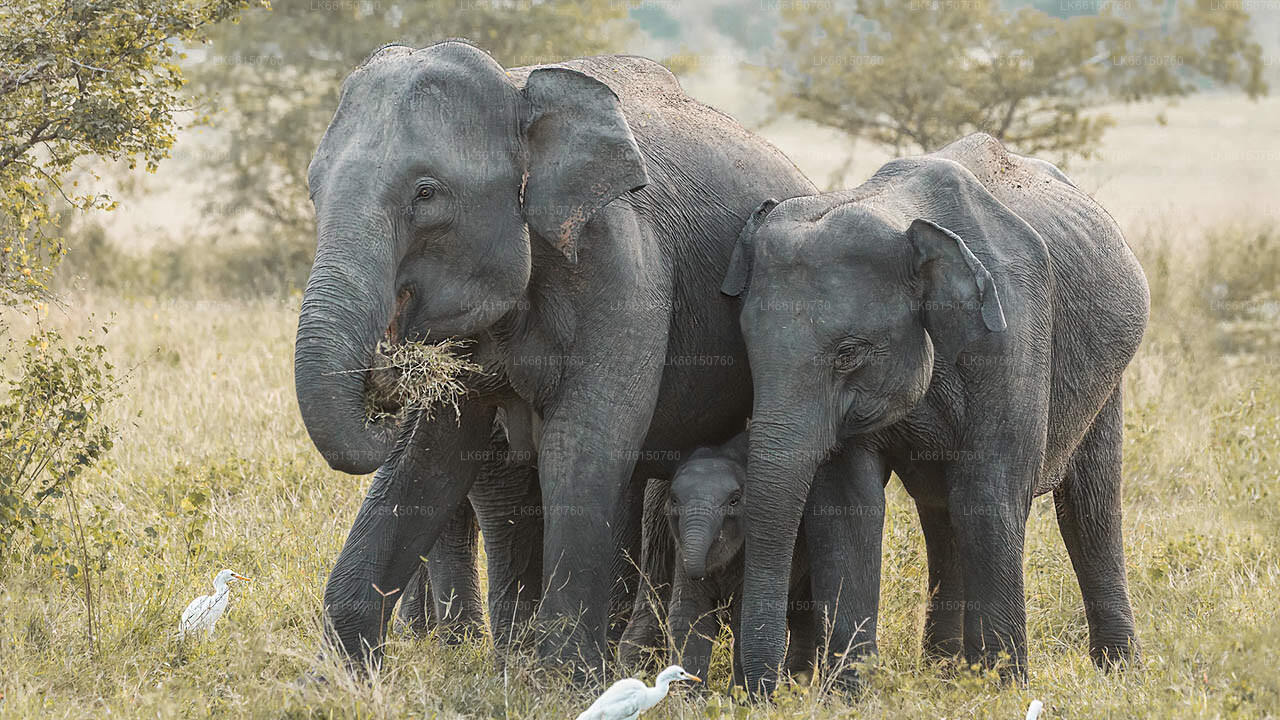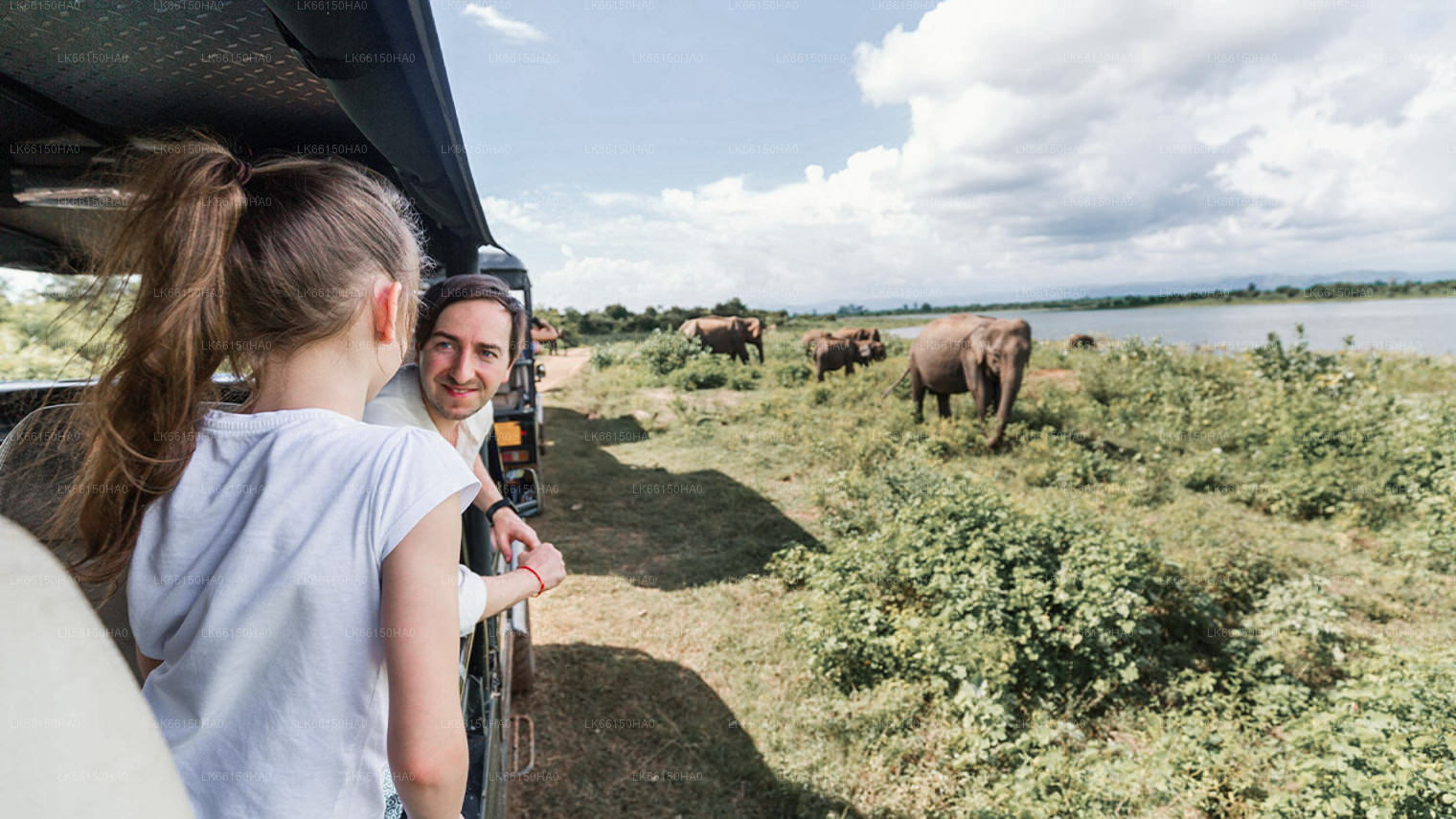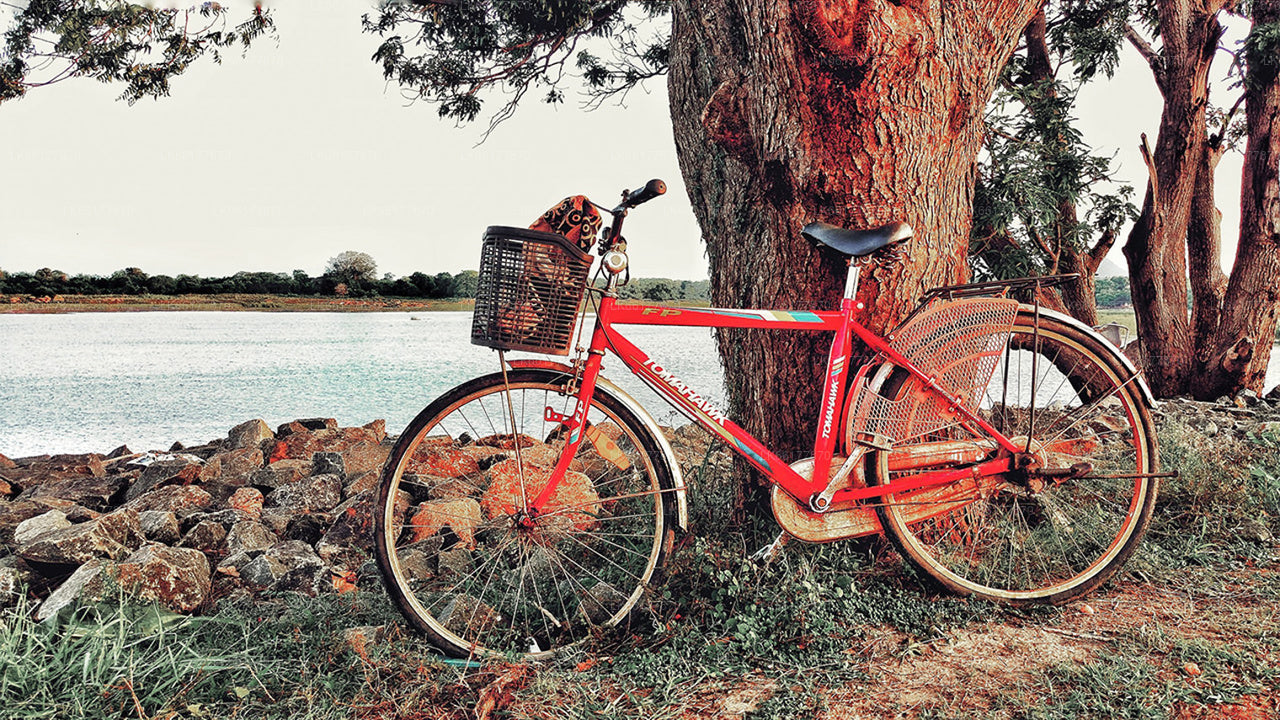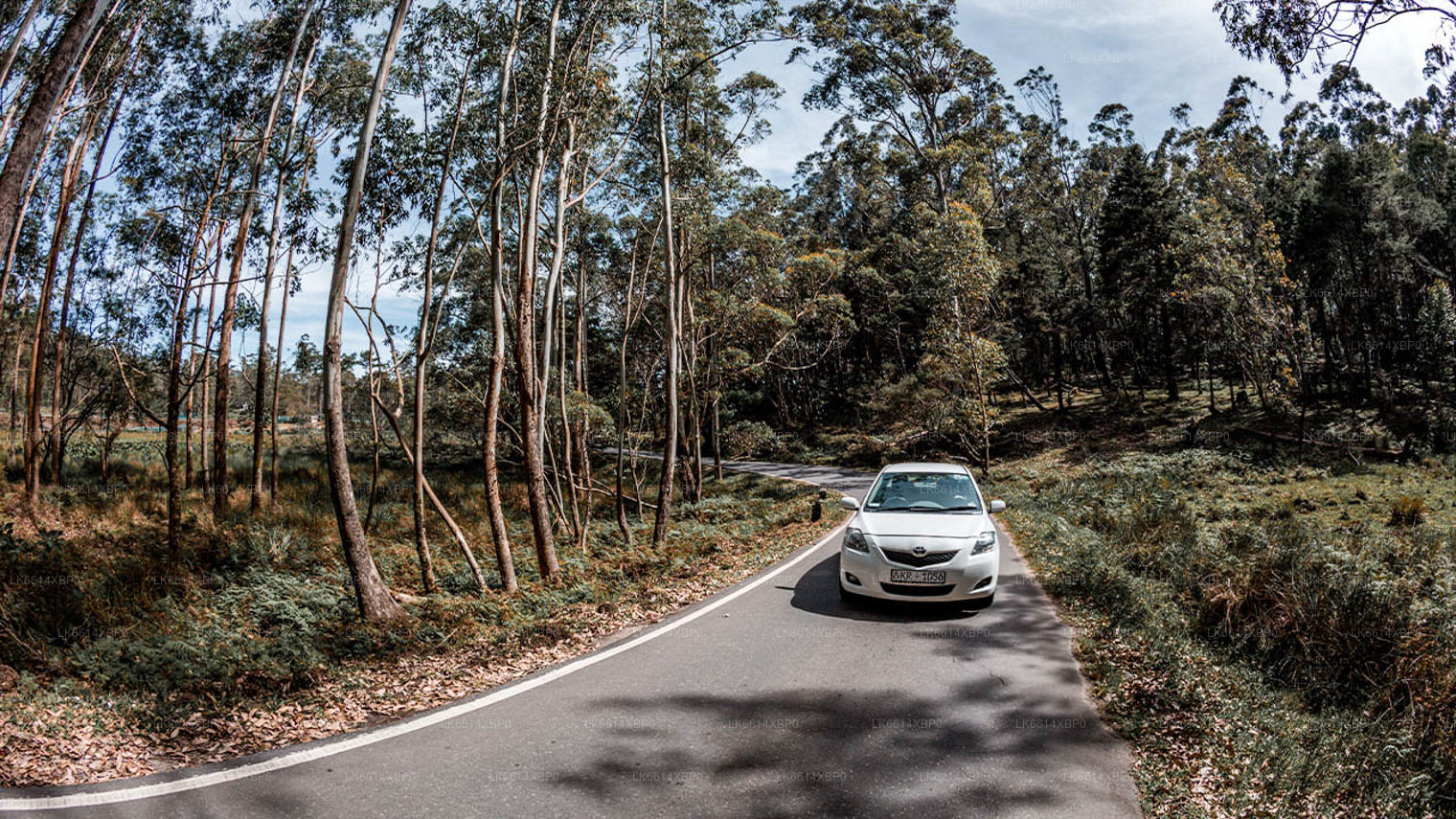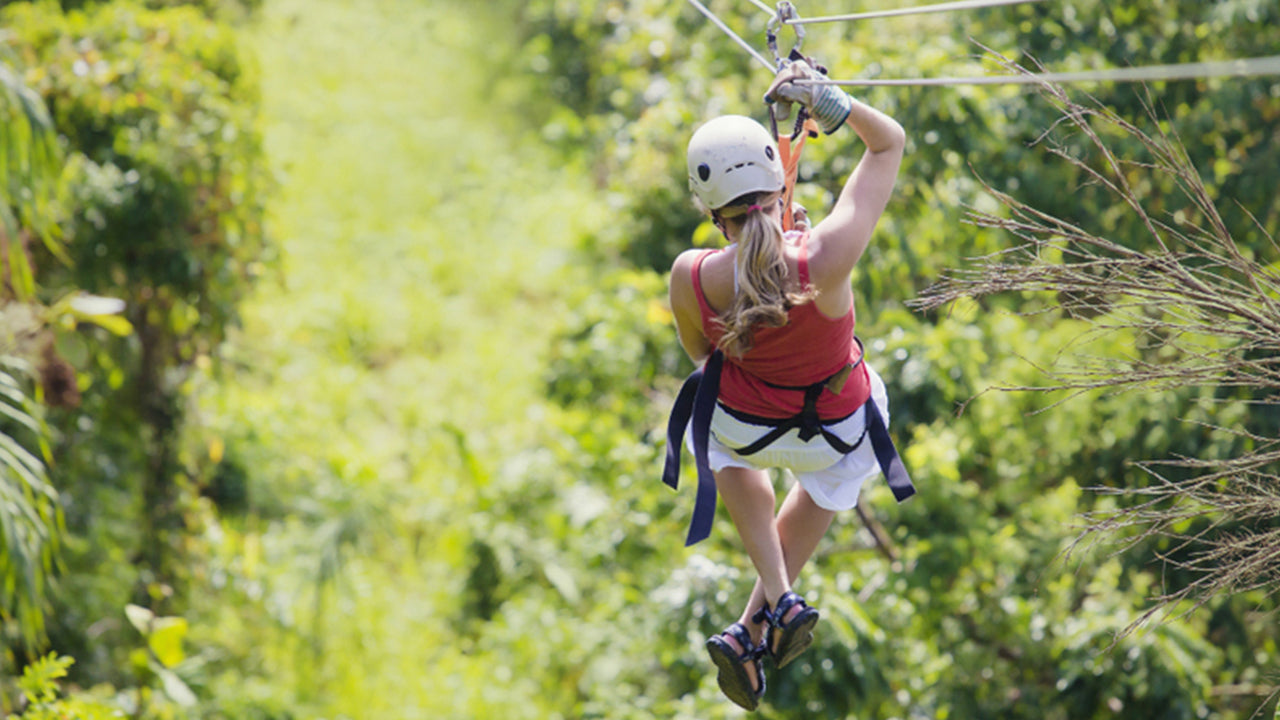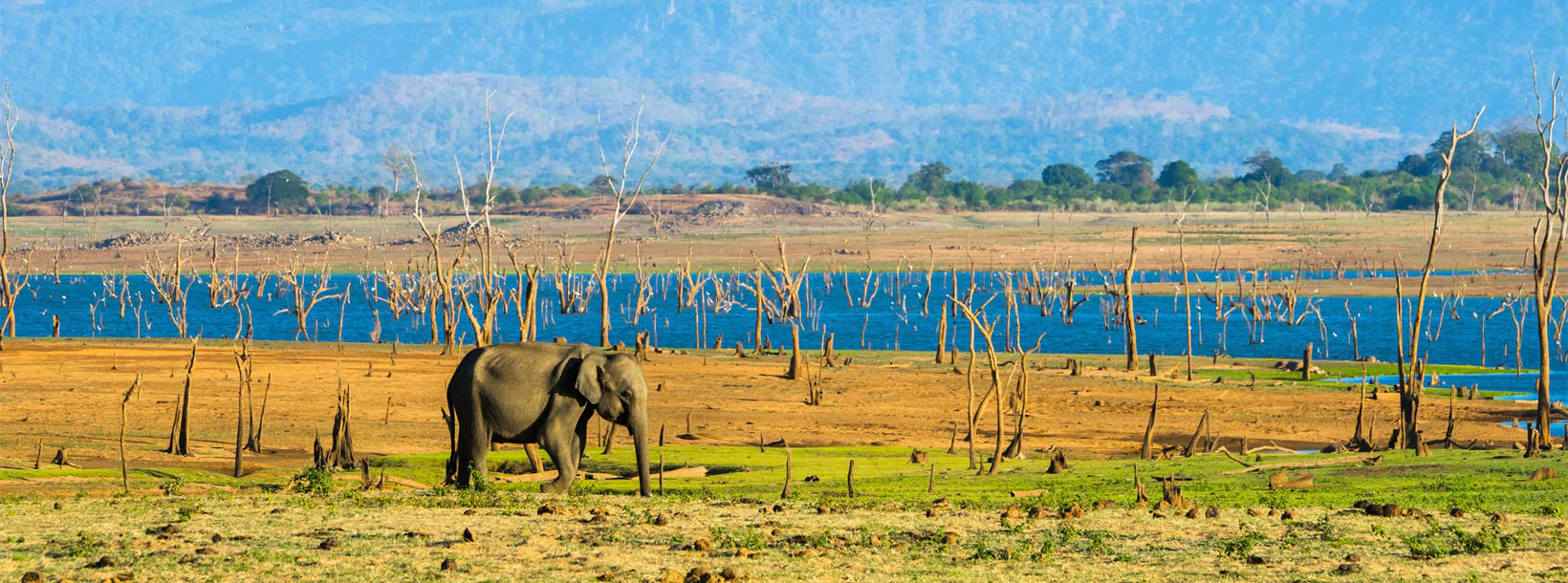
Udawalawe City
Udawalawe Renowned wildlife sanctuary in Sri Lanka, home to diverse fauna including elephants, birds, and offering breathtaking natural landscapes for visitors.
Elephant Transit Home (ETH)
The Department of Wildlife Conservation initiated a major step towards the welfare and conservation of orphaned baby elephants in 1995. This resulted in the establishment of “උඩවලව ඇත් අතුරු සෙවන” (Elephant Transit Home) at the Udawalawe National Park.
Elephant Transit Home (ETH) takes care of orphaned elephant calves – until they are independent and able enough to be released back to the wild. Although, a majority of the general public enthusiastically supported this endeavour, at the inception many conservationists doubted its feasibility. Some openly opposed the initiative and tried to stop the conservation programme. However, Dr Nandana Atapattu, the former Head of the division of Wild Animal Health at the Department of Wildlife Conservation in Sri Lanka, worked bravely towards the establishment ETH, together with fellow officers at the Department of Wildlife Conservation. With minimum resources and manpower, ETH has successfully grown to be a successful entity in a short period. It has been recognised as one of best wild animal rehabilitation centres in the world.
Situated in the western border of the 33,000 hectares of Udawalawe National Park, ETH is adjacent to the “Udawalawe Reservoir”. The elephant calves have no boundaries in the area and have freedom to roam wherever they want. Similarly wild elephants also visit the ETH premises. Seasonal fluctuating water level of the reservoir creates a diverse environment for both the baby elephants and wild elephants.
The first orphaned baby elephant taken care of at the Ath Athuru Sevana was a one year old female. She was found wandering alone in the forest near Meegalawa area in the Anuradhapura District. Dr. Nandana Atapattu, took in the baby elephant to ETH and registered her as the first resident – naming her “Komali”. Since then to date, more than 250 elephants have been taken care of at the ETH. All these orphaned wild elephants are re-introduced to the wild to their natural habitats at the age of five, when they are able to take care of themselves.
In general the calves are fed human baby milk formulae. After the initial milk feeding sessions of finding out the best milk formulae for elephant calves – to suit them individually, the elephants are at a higher risk of falling sick with digestive problems or milk intolerance. In those instances special preparations like soya milk, rice broth or jeevanee (a rehydration solution) are provided in place of milk to bring them back to normalcy.
It is rare that a day go by without one or more elephant calves falling sick. Post-illness treatment, in general is a long process in elephants as their recovery is slow. Likewise, separating the sick ones with contagious diseases, from the healthier ones is also a tedious task. Managing the health and well-being of elephant calves with a very minimal support from the laboratories and lack of medical knowledge and expertise in the country is also another challenge faced by the officers at ETH.
The primary objective of the Elephant Transit Home is the rehabilitation of orphaned baby elephants and their release back to the wild.Prior to the release the caretakers/wildlife officers ensure the ability of the elephants to live on their own. As a result the officers make great efforts to minimize human contact of the elephants during the rehabilitation period and encourage them to develop bonds with the fellow elephants in ETH. This is helpful for elephants when they are released back to the wild in groups as they will have more chances of survival in the wild. The responsibility of ETH Officers doesn’t end there. Even after release, the health and movement patterns of these elephants are monitored by the officers on a regular basis.
Feeding times and upkeep at ETHThe Transit Home is a lively place. Feeding the calves with milk happens every three hours throughout the 365 days of the year. Public viewing of the feeding is permitted daily at 9am, 12noon, 3pm and 6pm.
About Ratnapura District
Ratnapura is the provincial capital of Sabaragamuwa Provinceof Sri Lanka and the Ratnapura District in which the town is situated. Located some 101 km south east of Colombo, it is the centre of a long-established industry of precious stone mining including rubies, sapphires, and other gems. Apart from gem mining, the town is known for rice and fruit cultivations. Large plantations of tea and rubber surround the town. Tea grown in this region is called low-country tea. There is a well-established tourism industry in Ratnapura. Sinharaja Forest Reserve, Udawalawe National Park, Kitulgala, and Sri pada are especially popular among tourists.
Most of the large-scale gem businessmen of Sri Lanka operate from Ratnapura. The Rattnapura town depends on the gem trade. The town's agricultural industry is also well developed. Large plantations of tea and rubber surround the town. Although rice fields also used to be a common sight around the town, rice cultivation presently faces an uncertain future in Ratnapura because many farmers are giving up their rice cultivation and switching to gem mining which is a more productive way of earning money.
Special places in Ratnapura:
The mountain Sri Pada -Adam's Peak (Buddhist/Hindu/Islam)
Maha Saman Devala (Buddhist)
Delgamu Viharaya (Buddhist)
Pothgul Viharaya (Buddhist)
SS Peterand Paul's Cathedral (Catholic Church)
St. Luke's Church(Church of England)
Siva Temple (Hindu)
Jumma Mosque (Islam)
Diva Guhava (Buddha)
About Sabaragamuwa Province
The Sabaragamuwa Province of Sri Lanka contains two main cities called Ratnapura and Kegalle. At an elevation of approximately 500 feet above sea level, Ratnapura is the provincial capital of Sabargamuwa. It is 60 miles (100 km) from the main coastal city of Colombo. Province of Sabaragamuwa The gem-mining centre of Sri Lanka is also a major crossroad between southern plains and the hill country to the east.
In Sabaragamuwa province there is a route to Sri Pada from Ratnapura direction. Excursions include Sinharaja Forest Reserve and Udawalawe National Park. The route towards hill country is beautiful. The surrounding area is a popular trekking destination and a good place for bird watching.
